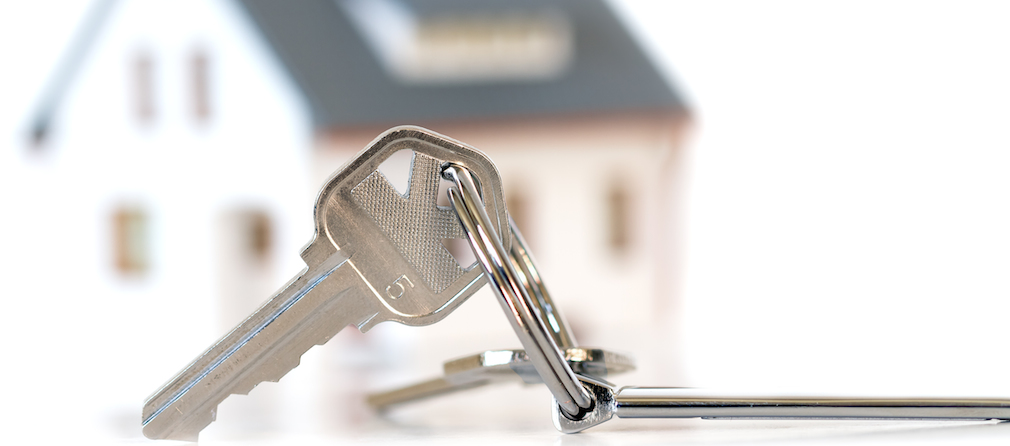Consumer confidence fell slightly in May as Americans displayed less trust in their future expectations, according to the Consumer Confidence Survey conducted by The Conference Board by Nielsen, a provider of information and analytics around what consumers buy and watch.
After decreasing in April to 119.4, the index fell once again in May to 117.9. The Present Situation Index increased slightly to 140.7, up from 140.3 the month before. The Expectations Index, however, dropped from 105.4 in April to 102.6.
In 1985, the index was set to 100, representing the index's benchmark. This value is adjusted monthly based on results of a household survey of consumers' opinions on current conditions and future economic expectations. Opinions on current conditions make up 40% of the index, while expectations of future conditions make up 60%.
“Consumer confidence decreased slightly in May, following a moderate decline in April,” said Lynn Franco, The Conference Board director of economic indicators. “However, consumers’ assessment of present-day conditions held steady, suggesting little change in overall economic conditions.”
“Looking ahead, consumers were somewhat less upbeat than in April, but overall remain optimistic that the economy will continue expanding into the summer months,” Franco said.
Americans saying business conditions are good dropped from 30.8% in April to 29.4% in May, however, those saying business conditions are bad remained unchanged at 13.7%. Consumers who said jobs are plentiful declined from 30.3% to 29.9 over the month while those saying jobs are hard to get dropped from 19.4% to 18.2%.
But when it comes to short-term forecasts, Americans were less optimistic. Those who said they expect business conditions to improve over the next six months decreased from 25.1% to 21.3%. Consumers who expect business conditions to worsen over the next six months slipped from 10.4% to 10.1%.
Those who expect more jobs over the next few months dropped from 21.9% in April to 18.6% as those who expect fewer jobs decreased from 13.8% to 12%. More Americans are expecting their incomes to increase as the portion increased from 18.7% to 19.2%, but those saying their income will drop also rose from 7.6% to 8.7%.
But despite these declines, one economists pointed out confidence among consumers still remains at high levels historically.
“The small decline in the Conference Board measure of US consumer confidence from 119.4 to 117.9 in May is nothing to be worried about because it is falling from a very high level,” Capital Economics Economist Michael Pearce wrote in a data response report. “Indeed, with US consumers remaining upbeat, this strengthens our conviction that the weakness of real consumption in Q1 was just a blip and that spending growth over the rest of the year will be closer to 3% annualized.”






